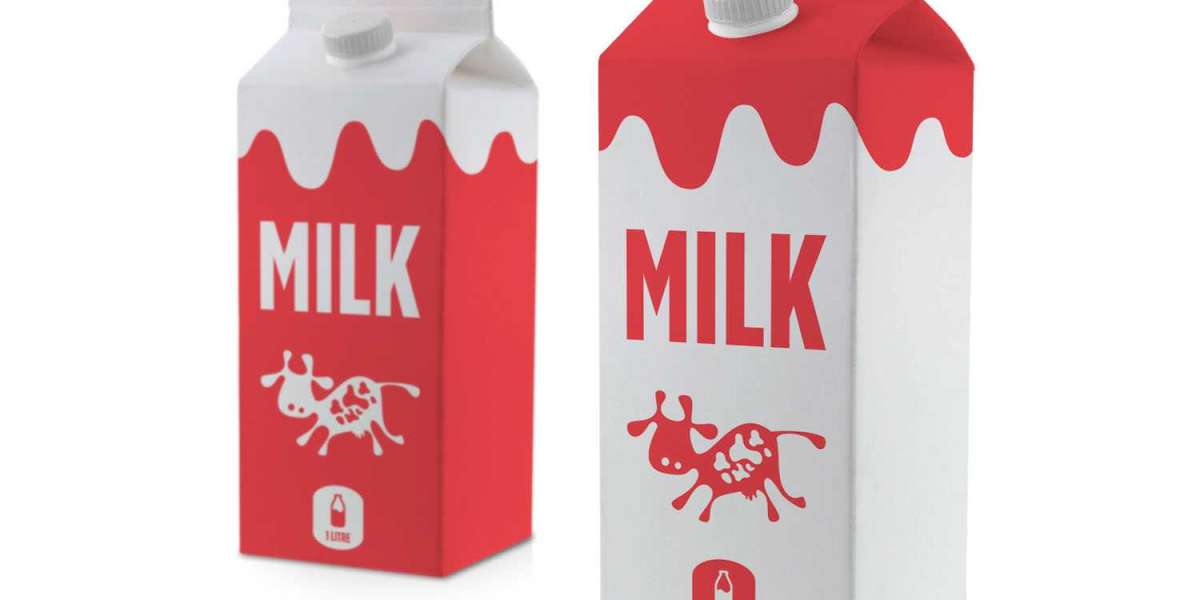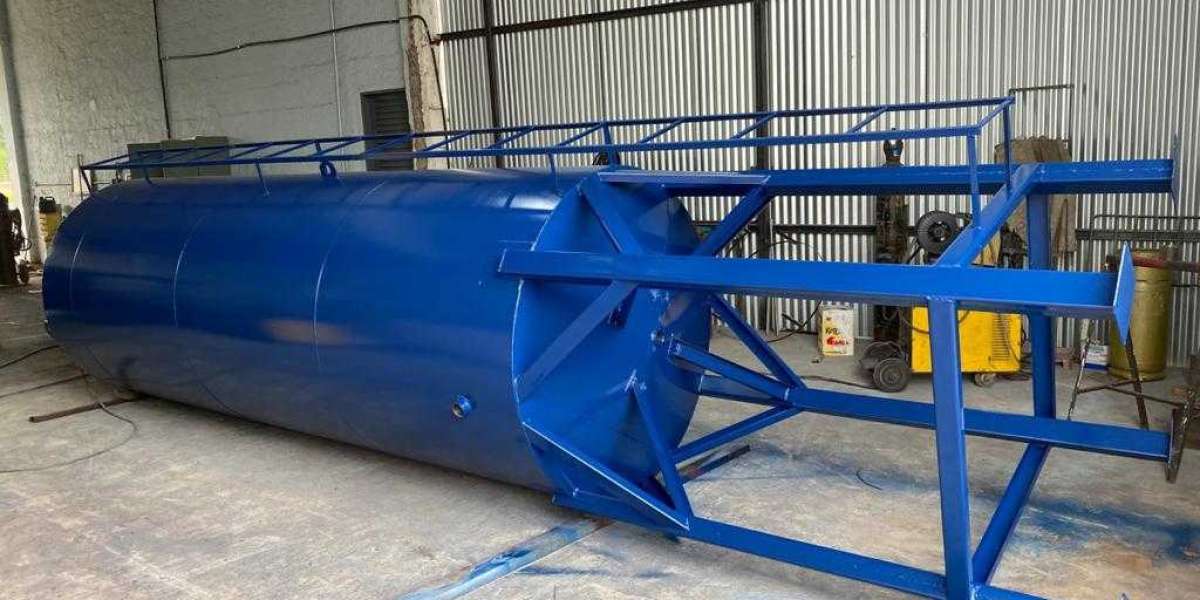The Humble Carton, a Giant in Packaging
Milk cartons, those ubiquitous rectangular containers that hold our morning beverage, are often overlooked. However, the manufacturing process behind these seemingly simple packages is a complex interplay of technology, sustainability, and consumer preference.
The Evolution of the Milk Carton
From glass bottles to plastic jugs, the packaging of milk has undergone a significant transformation. The milk carton emerged as a preferred choice due to its cost-effectiveness, lightweight nature, and recyclability. Today, milk carton manufacturers are constantly innovating to create more sustainable and functional packaging solutions.
The Manufacturing Process: A Behind-the-Scenes Look
The production of milk cartons involves several key steps:
- Paperboard Production: The primary component of a milk carton is paperboard, a sturdy material made from wood pulp.
- Printing and Coating: The paperboard is printed with product information, brand logos, and attractive designs. It is then coated with a protective layer to ensure product safety.
- Forming: The printed and coated paperboard is transformed into the familiar carton shape through a series of complex machines.
- Aseptic Processing: To maintain product freshness, the cartons undergo aseptic processing, which involves sterilizing the carton and filling it with milk in a sterile environment.
- Quality Control: Rigorous quality checks are conducted throughout the manufacturing process to ensure product integrity and safety.
Sustainability: A Cornerstone of the Industry
Milk carton manufacturers are increasingly focused on sustainability. By using recycled materials, reducing waste, and promoting recycling, these companies are contributing to a greener planet. Additionally, they are exploring innovative packaging materials, such as plant-based alternatives, to minimize their environmental impact.
Challenges and Opportunities
The milk carton industry faces several challenges, including fluctuations in raw material prices, intense competition, and evolving consumer preferences. However, it also presents exciting opportunities for growth. For example, there is a growing demand for customized and premium milk cartons, as well as innovative packaging solutions for plant-based milk alternatives.
If you want to know more about " bonbon packaging " visit topusapackaging
The Future of Milk Cartons
As consumer awareness of sustainability grows, milk carton manufacturers are likely to play an even more critical role in shaping the future of packaging. By embracing innovation, focusing on sustainability, and meeting the evolving needs of consumers, these companies can continue to thrive in a dynamic market.
The Humble Carton, a Giant in Packaging
Milk cartons, those ubiquitous rectangular containers that hold our morning beverage, are often overlooked. However, the manufacturing process behind these seemingly simple packages is a complex interplay of technology, sustainability, and consumer preference.
The Evolution of the Milk Carton
From glass bottles to plastic jugs, the packaging of milk has undergone a significant transformation. The milk carton emerged as a preferred choice due to its cost-effectiveness, lightweight nature, and recyclability. Today, carton manufacturers are constantly innovating to create more sustainable and functional packaging solutions.
The Manufacturing Process: A Behind-the-Scenes Look
The production of milk cartons involves several key steps:
- Paperboard Production: The primary component of a milk carton is paperboard, a sturdy material made from wood pulp.
- Printing and Coating: The paperboard is printed with product information, brand logos, and attractive designs. It is then coated with a protective layer to ensure product safety.
- Forming: The printed and coated paperboard is transformed into the familiar carton shape through a series of complex machines.
- Aseptic Processing: To maintain product freshness, the cartons undergo aseptic processing, which involves sterilizing the carton and filling it with milk in a sterile environment.
- Quality Control: Rigorous quality checks are conducted throughout the manufacturing process to ensure product integrity and safety.
In conclusion, milk carton manufacturers are essential contributors to the food and beverage industry. Their commitment to quality, sustainability, and innovation ensures that consumers can enjoy their favorite dairy products in convenient and environmentally friendly packaging.







